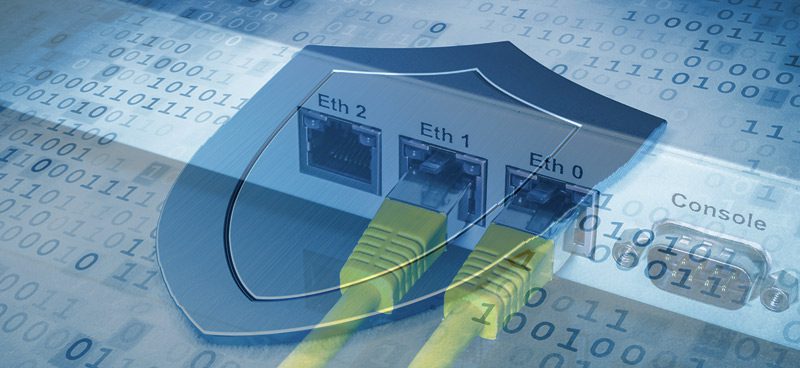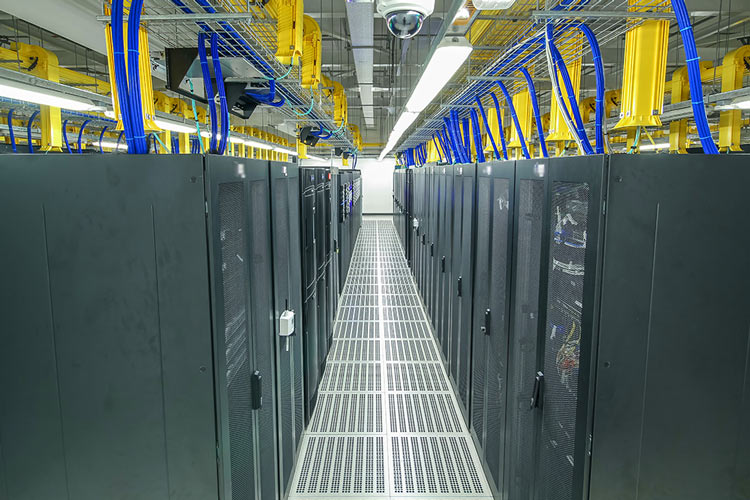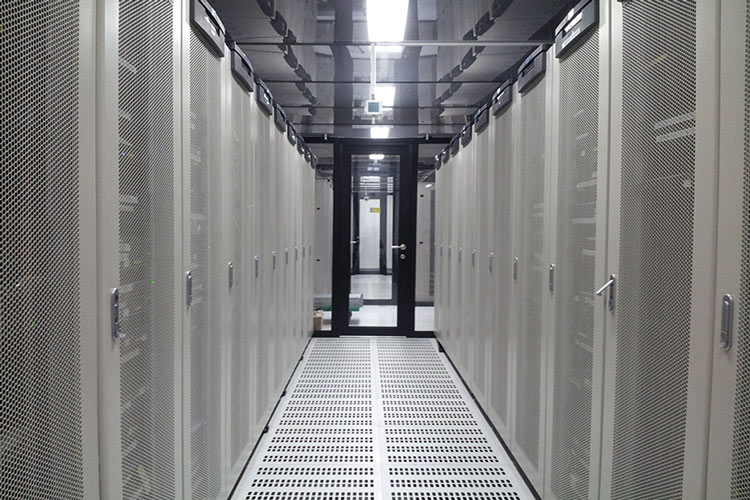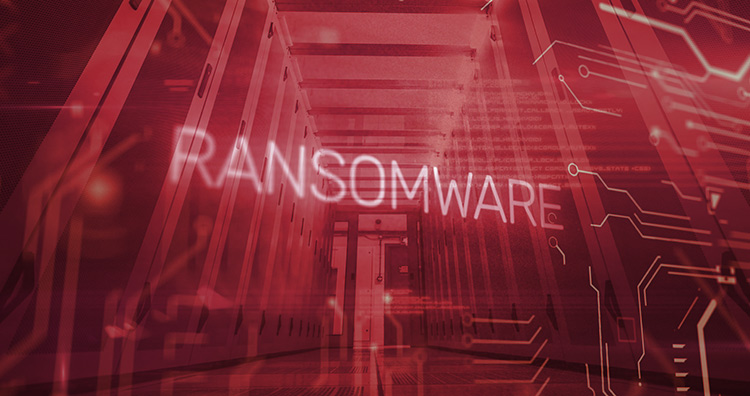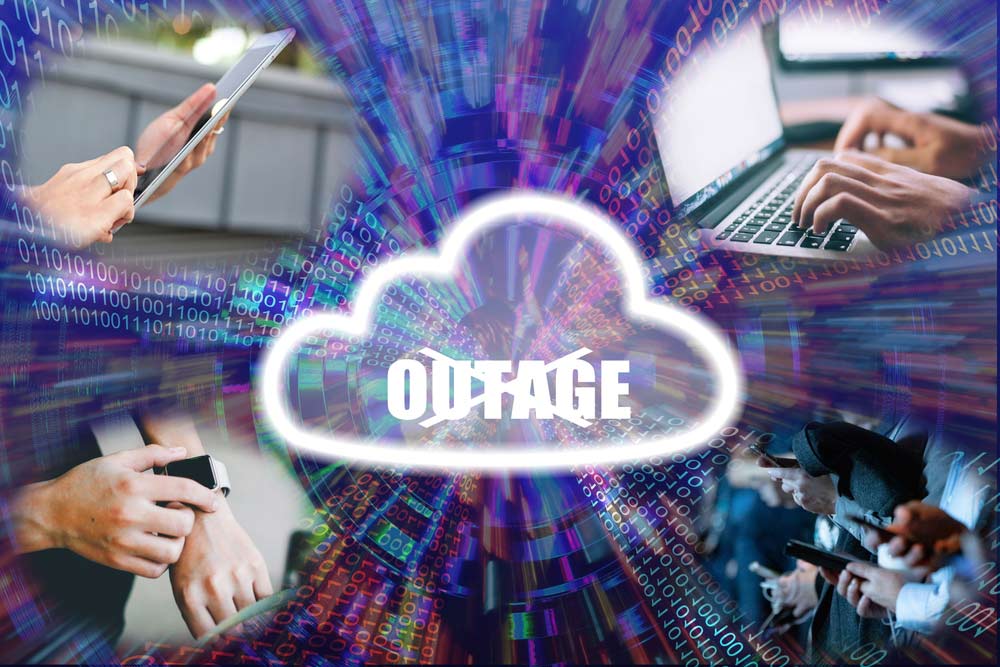Firewalls help to protect computers, applications, and networks from external attacks. They are essentially security software that serves as the gatekeeper for networks, making sure that only authorized communication traffic is allowed to enter and leave. Most company networks begin as secure entities. Outside networks, such as the Internet, pose a risk to these company networks. Firewalls are designed to minimize these outside risks.
Types of firewalls
There are two basic types of firewalls – hardware and software. Hardware firewall programs are built into the hardware device. For example, firewalls can be built into a machine’s operating system. Software firewalls are usually purchased independently of the hardware. They can be installed on servers that have general-purpose operating systems, such as Microsoft Windows.
IT departments usually look at the following factors before deciding on the firewall they need:
- The firewall architecture – for either hardware or software
- The types of external entries and protections that are needed
- The number and types of virtual private networks involved
- The way the IT department wants to manage the firewalls
Many other concerns, including compatibility with any existing firewall protections, should be considered.
Price
For personal or small business use, a basic firewall can run about $100. For larger companies, the cost of firewall protection can be more than $20,000.
Types of firewall protections
Firewall hardware and software have evolved since firewalls were first introduced back in the 1980s. Some of the common types that may apply to today’s technology industry are:
- Packet-filtering firewalls. These firewalls examine Internet Protocol packets based on the IPs and addresses only. The firewall uses predetermined rules to decide which packets will be accepted and which ones will not. The internal data in the packets is not considered. These firewalls are cost friendly and easy to operate. They are mainly for homes and small companies.
- Circuit-level firewalls. This is a more secure firewall than packet-filter types. There are more rules for acceptance – such as checking the source and destination IP addresses, the ports, user logins and passwords, and even the time of day. Acceptance may also be limited for a short period of time. They are more expensive and require more maintenance, possibly including more programming than packet-filtering firewalls.
- Application-level firewalls. These firewalls communicate with a server behind the firewall. There are rules to allow some communications with the server and not allow other communications. Access can be limited by the type of file and by whether the user has authority. These firewalls allow for great monitoring of traffic and can also give an IT administrator the ability to sound alarms if a firewall is breached.
- Stateful multilevel firewalls. This is essentially the deluxe version, which includes the best traits of the various other firewall types. They offer the most security at the highest price.
Additional features
There are many current add-on features available for firewalls, and new ones are being developed to protect network security all the time. When purchasing firewall protection, the ability to upgrade to newer and better products should be a priority. Some of the current add-on security features are anti-virus protection, and ability to filter content, and reporting mechanisms.
Speak with a security professional about firewalls to protect your IT systems and data
Security is a priority for any network. The more a company has to lose and the more network traffic the business has, the greater the need for better firewalls. Choosing the right firewall can mean the difference between a profitable business and one that doesn’t run properly or has downtime due to external attacks.
Ready to See How Volico Data Center Can Help You?
Got questions? Want to talk specifics? That’s what we’re here for.
Have one of our friendly experts contact you to begin the conversation. Discover how Volico can help you with your Managed Security needs.
• Call: 888 865 4261
• Chat with a member of our team to discuss which solution best fits your needs.

